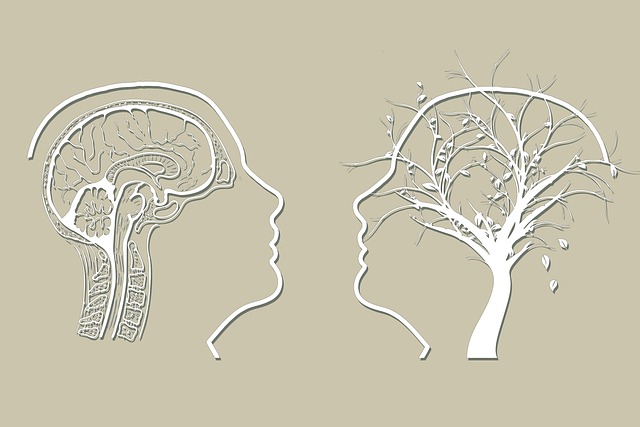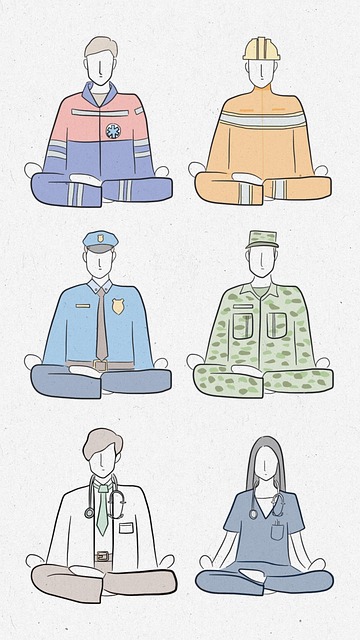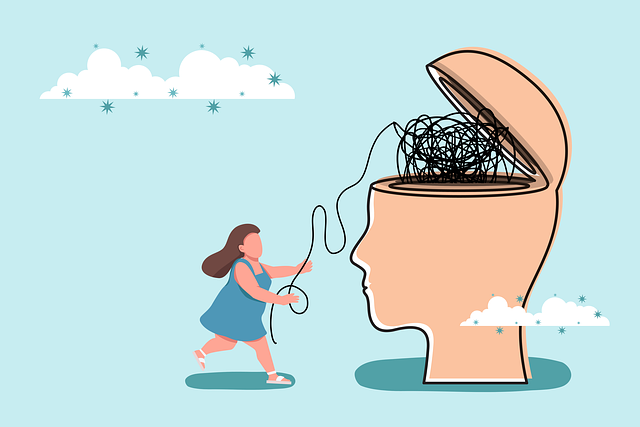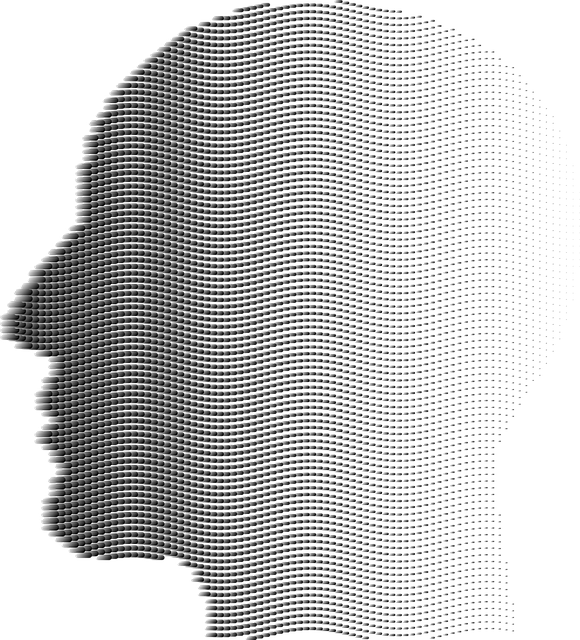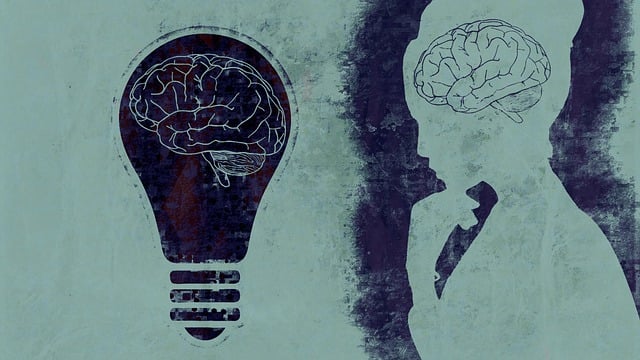Mental wellness coaching offers a holistic and proactive approach, empowering individuals with self-awareness, resilience, and positive lifestyle changes, as inspired by Golden Children Therapy. This method guides clients in developing effective coping strategies, enhancing communication skills, and cultivating mental wellness habits through journaling exercises and tailored education. Golden Children Therapy itself is an innovative early intervention for young minds, integrating play therapy, mindfulness, and empathy to build resilience and prevent depression. Effective coaching programs cater to diverse needs, incorporate self-care routines, conflict resolution, CBT, and mindfulness, enhancing well-being for vulnerable populations like children. Measuring client feedback and refining strategies ensure continuous improvement in coaching interventions, aligning with the dynamic nature of mental health support.
Mental wellness coaching programs are gaining traction as powerful tools for personal growth. This article delves into the comprehensive development of such programs, focusing on unique approaches like Golden Children Therapy, which aims to unlock potential and foster resilience in individuals. We explore strategies for catering to diverse needs, incorporating evidence-based techniques, and measuring success. By understanding these key aspects, mental wellness coaches can create transformative experiences, utilizing methods such as Golden Children Therapy to promote holistic well-being.
- Understanding Mental Wellness Coaching: A Comprehensive Approach
- Golden Children Therapy: Unlocking Potential and Promoting Resilience
- Designing Effective Coaching Programs for Diverse Needs
- Incorporating Evidence-Based Techniques in Mental Health Coaching
- Measuring Success and Continuous Improvement in Coaching Interventions
Understanding Mental Wellness Coaching: A Comprehensive Approach

Mental wellness coaching is a holistic approach to supporting individuals in achieving optimal mental health and well-being. Unlike traditional therapy models that often focus on addressing specific disorders, mental wellness coaching empowers clients by fostering self-awareness, building resilience, and promoting positive lifestyle changes. Through this comprehensive process, coaches guide their clients in developing effective coping strategies, enhancing communication skills, and cultivating habits that contribute to overall mental wellness.
The concept aligns with the principles of Golden Children Therapy, which emphasizes nurturing the emotional well-being of individuals from a young age. By integrating self-esteem improvement techniques, mental wellness journaling exercise guidance, and tailored mental health education programs design, coaches create a supportive environment where clients can explore their thoughts, emotions, and behaviors. This proactive approach not only helps individuals manage existing challenges but also equips them with the tools to thrive in various aspects of life.
Golden Children Therapy: Unlocking Potential and Promoting Resilience

Golden Children Therapy is a revolutionary approach that focuses on nurturing and unlocking the potential of young minds. This therapeutic method recognizes the importance of early intervention to foster resilience in children, helping them navigate life’s challenges with adaptability and emotional strength. By incorporating innovative strategies, such as play therapy, mindfulness exercises, and empathy-building techniques, this therapy aims to prevent depression at an early stage and promote overall mental wellness.
The program is designed to create a safe and supportive environment where children can express themselves freely. Through engaging activities and interactive sessions, Golden Children Therapy encourages self-discovery, enhances emotional intelligence, and fosters healthy coping mechanisms. Additionally, the production of a Mental Wellness Podcast Series can further extend its reach, offering practical tips and insights to parents and caregivers on supporting their child’s mental health journey alongside Depression Prevention strategies.
Designing Effective Coaching Programs for Diverse Needs

Designing effective coaching programs requires understanding and catering to diverse mental wellness needs. This includes recognizing that each individual, much like a unique Golden Children Therapy approach, has their own set of challenges and strengths. Therefore, coaching programs should be tailored to support personal growth while addressing specific concerns. Incorporating elements such as self-care routine development for better mental health and conflict resolution techniques can significantly enhance program effectiveness.
By integrating these strategies, coaches can facilitate meaningful progress for clients across various domains. For instance, teaching effective conflict resolution skills empowers individuals to navigate interpersonal challenges with greater ease and resilience. Equally important, encouraging the adoption of a consistent self-care routine enables participants to better manage stress and promote mental wellness in the long term. Thus, comprehensive coaching programs that adapt to diverse needs ultimately foster holistic well-being.
Incorporating Evidence-Based Techniques in Mental Health Coaching

Incorporating evidence-based techniques is pivotal in the development of mental wellness coaching programs, especially when tailoring interventions for vulnerable populations like children. Golden Children Therapy, for instance, emphasizes the use of cognitive-behavioral therapy (CBT) and mindfulness practices to address emotional challenges. CBT helps young individuals identify and challenge negative thought patterns, while mindfulness encourages present-moment awareness, fostering resilience against stress and anxiety.
Integrating these techniques not only enhances the effectiveness of coaching but also contributes to broader public awareness campaigns development. By equipping healthcare providers with relevant training, such as cultural competency programs, coaches can ensure tailored support for diverse communities. Moreover, burnout prevention strategies for healthcare providers are integral, allowing them to sustain their practice and offer consistent care, ultimately improving mental health outcomes for children and families.
Measuring Success and Continuous Improvement in Coaching Interventions

Measuring success and fostering continuous improvement are vital components of any effective coaching intervention, especially within the context of Golden Children Therapy. This involves a multifaceted approach to ensure that the program aligns with its goals of enhancing mental wellness and overall well-being. One key method is through client feedback, where individuals who have undergone coaching provide insights into their experiences. Qualitative and quantitative data collected from these feedback mechanisms offer valuable information about the impact of the intervention.
Additionally, regular evaluation of coaching outcomes enables coaches to refine their strategies and tailor them to individual needs. By integrating this data into the Community Outreach Program Implementation, they can develop targeted Self-Care Routine Development for Better Mental Health and promote effective Self-Care Practices. This continuous cycle of assessment and adaptation ensures that the coaching program remains dynamic and responsive to the evolving mental health landscape.
Mental wellness coaching programs, enriched by innovative approaches like Golden Children Therapy, are transforming support structures for diverse needs. By incorporating evidence-based techniques, these programs can effectively promote resilience and unlock potential. Measuring success through continuous improvement ensures that interventions remain relevant and impactful. As the field evolves, a comprehensive understanding of mental wellness coaching is key to fostering holistic well-being on a global scale.
